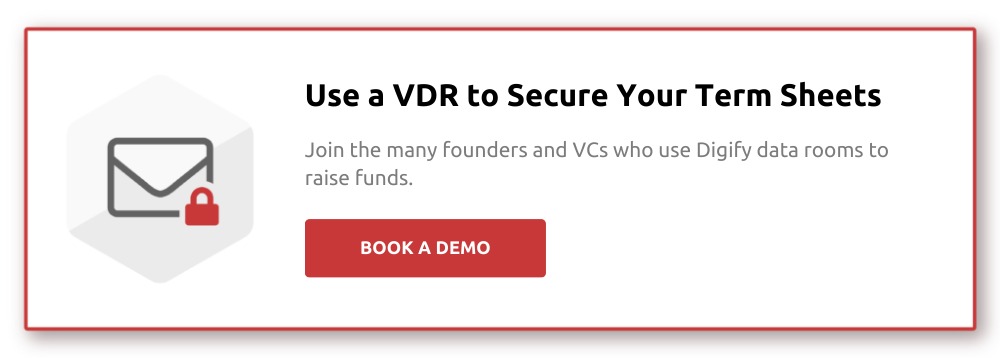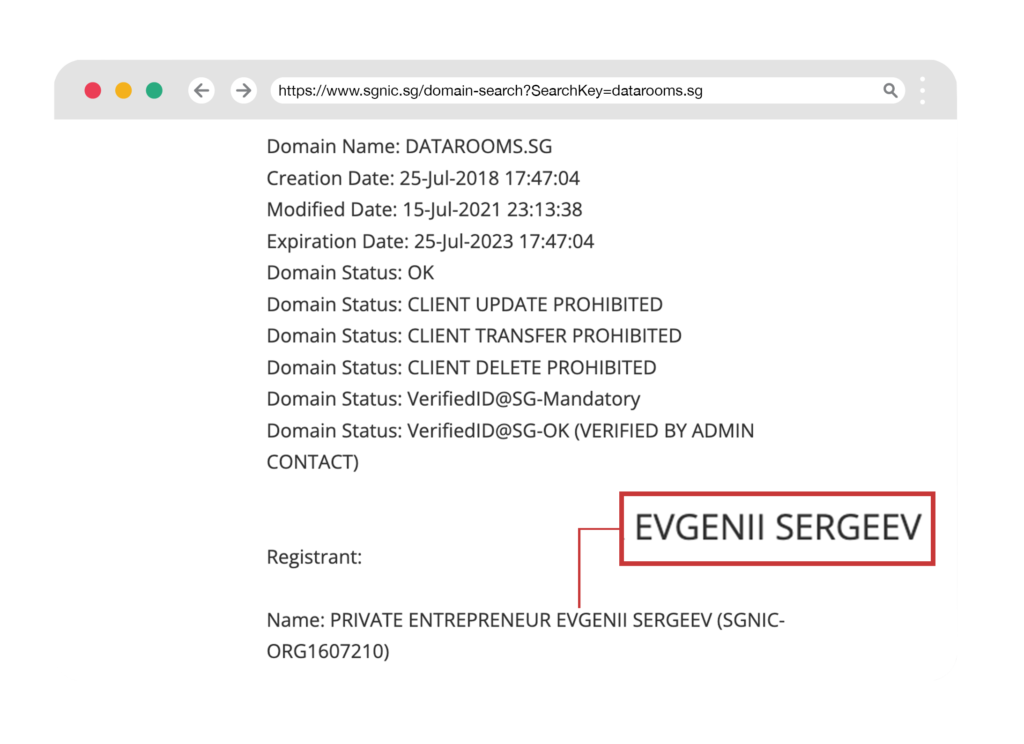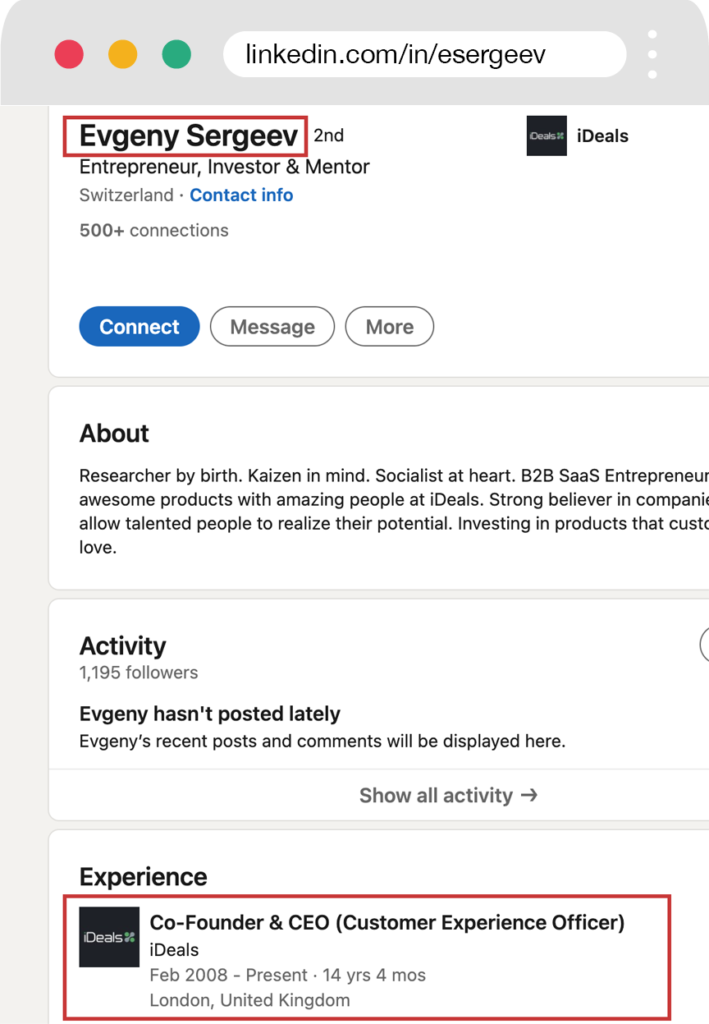Understanding what terms are the most important for your company is crucial in the process of negotiating a term sheet. If you’re not careful and informed, certain terms may not be in the founder or the company’s best interests as the term sheet forms the basis of the investment agreement.
Before entering the negotiation process, know your dealbreakers and makers so you can more easily create a win-win situation for both sides. Remember that you’ll be working with any potential investor you choose for the long term.
If the negotiation process is difficult from the start, this may be an indication of what’s in store down the road. Here are five best practices you can follow to establish a productive investor relationship and get the most advantageous terms for your company.
Term sheet negotiation: The top 5 best practices to know
Familiarizing yourself with the best practices for negotiating a term sheet gives your company an advantage. Planning for various scenarios will allow you to make faster decisions when the time to fundraise arrives. You’ll need to communicate back quickly after you review the VC term sheet with any co-founders and your legal team.
Clarity and transparency are key to developing a productive investor relationship throughout the entire funding process. Once they draft up a term sheet and send it over, you can discuss the terms with the investor.
Best practice #1 – Get more than one VC interested
What really gives founders leverage is multiple term sheets. Take the time to woo multiple investors. The term sheets should ideally come in at around the same time so that you can compare the offers and negotiate with the VCs.
Best practice #2 – Understand common market terms
Being familiar with term sheets is essential to coming from a position of strength for your company in the negotiation.
Best practice #3 – Watch out for red flags
Looking out for the most common red flags in a term sheet can help you identify them before you’re unable to go back and make revisions. These red flags include review periods, undisclosed changes in management, guaranteed exits, and milestones that have to be met for funding.
Consider ahead of time what you’re willing to compromise on and what’s a dealbreaker. Resolve the important parts early on in the negotiation with open communication.
Best practice #4 – Understanding valuation and dilution is critical
Valuation is important but make sure you also understand how the specific terms of dilution work. The actual dilution is typically more than expected due to the options pool that’s set aside before funding. You can work out a Pro-forma cap table to see how diluted the existing shareholders will be.
Best practice #5 – Consult with experts for advice
For any complex or large negotiation with a VC, founders should consult with a lawyer that specializes in VC financing.
What terms are the most important to negotiate for?
Important terms to negotiate for in a term sheet can vary, depending on your company’s situation. But these are the terms that are most often the focus of term sheet negotiations:
Funding amount
The biggest challenge is not raising enough money. Founders should make sure they’re clear about what they need for 12-18 months of leeway for their company.
Communicate your funding needs to investors and don’t let your desire to finish the negotiation get in the way of raising the amount required.
Valuation
Valuation is often very important to founders. However, having the right investors on board is often more important than having the highest possible valuation.
Preferred vs. common stock
Companies and investors must agree on how they will issue stock and the rights they gain when negotiating a term sheet.
Liquidation preference
If a company ends its business at a lower value than expected the liquidation preference is a protective provision. Ideally, companies should try to negotiate for a non-participating liquidation preference.
Anti-dilution provisions
These provisions protect investors from losing money through the company selling their stock at a lower price than the investor originally paid.
Board representation
It’s important to lay out the terms and conditions for giving investors seats on the company’s Board of Directors. This is also why it’s important to do your investor due diligence and choose to work with supportive people.
Founders need to figure out their company’s pre money valuation (PMV) before approaching investors. This way, you know how much your company is worth ahead of the investment and can decide how much you’re willing to sell of it.
Final takeaways
Certain terms can harm your company’s future if you’re not careful and informed in the process of negotiation. Make sure you engage the help of legal services as well as educate yourself on negotiating a term sheet before you begin speaking to potential investors.
If you’re prepared with knowing what you want and won’t accept ahead of time, you can make split-second decisions quicker if required. Just beware that if you leverage the term sheet you receive from one investor to drive a deal with another, you may cause irreparable harm to the relationship with your current investor.
Throughout the negotiation process, you’ll also need a secure way to upload and send important documents like term sheets with investors and others on your team. Digify’s document security solution can help you manage and distribute sensitive business information. For example, send pitch decks with tracking features to gauge investor interest and follow up in a timely manner. Startups and VCs also use Digify’s data rooms for due diligence to close large rounds. Get a 7-day free trial of Digify’s document security and data room services to see if it’s right for your company’s needs.














